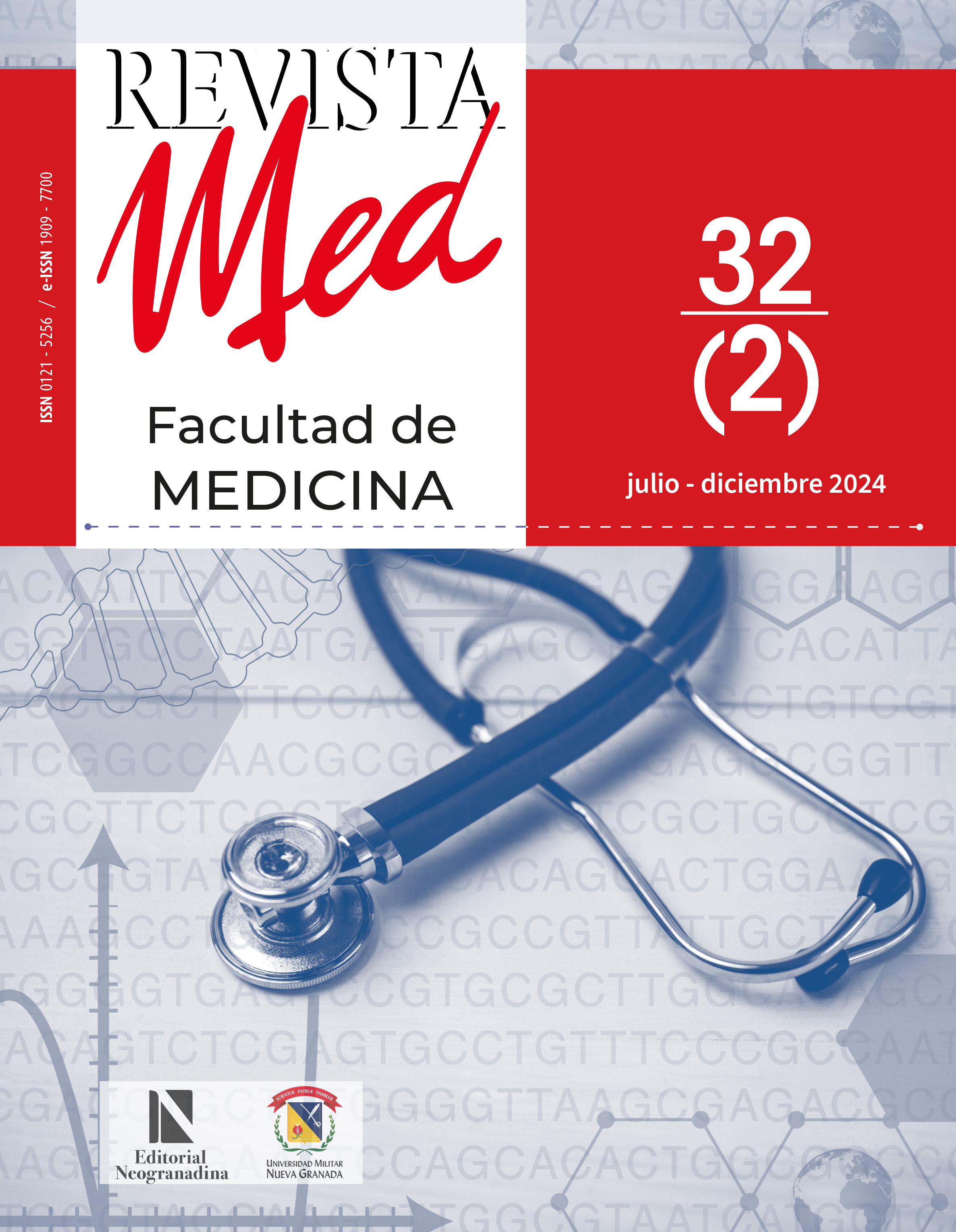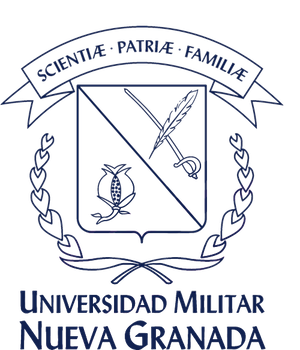Adapted Sport and Coping Skills in population with functional diversity
Abstract
Introduction. Adapted sport is a discipline that includes physical activities specifically designed to meet the unique needs and abilities of people with disabilities in order to improve their functionality and quality of life. For their part, coping skills are essential for people to cope with various demands and challenges encountered in daily life. In this sense, the main objective of this research is to determine the influence of adapted sport on the coping skills of the population with functional diversity. Methodology. A descriptive quantitative approach research was carried out, selecting a non-probabilistic sample made up of 35 adapted athletes with intellectual disabilities, belonging to the basketball and athletics leagues, belonging to a sports institute in the Cúcuta City, Santander´s North, to whom a validated checklist and a standardized evaluation instrument were applied. Results. The data show that adapted sport activities provide significant opportunities to develop active coping skills, strengthening the participants' ability to face challenges. However, some of the coping strategies developed by a significant percentage are of the avoidant type, which indicates impairments in the active participation in sports, which is the main occupation of this population. Conclusions. It is important to promote adapted sport as a measure to generate effective coping skills in the population with functional diversity so that they can achieve active participation in meaningful occupations.
Downloads
References
Organización Panamericana de Salud. Discapacidad. Página Oficial OPS. [Internet]. https://www.paho.org/es/temas/discapacidad#:~:text=Las%20personas%20con%20discapacidad%20son,de%20condiciones%20con%20los%20dem%C3%A1s.
Wilson P, Lieberman L. Strategies for inclusion: A handbook for physical educators. Champaign, IL: Human Kinetics; 2000.
Garay F, Carhuancho I. Modelo social como alternativa para el desarrollo de la persona con discapacidad. Telos. 2019;21(3):681-709. https://doi.org/10.36390/telos213.10
Folkman S, Lazarus RS. Coping and adaptation. En: Gentry WD, editor. The handbook of behavioral medicine. Nueva York: Guilford; 2019.
Barquín-Cuervo R, Medina-Gómez MB, Pérez de Albéniz-Garrote G. El uso de estrategias de afrontamiento del estrés en personas con discapacidad intelectual. Psychosocial Intervention. 2018;27(2):89-94. https://doi.org/10.5093/pi2018a7
Connor-Smith JK, Flachsbart C. Relations between personality and coping: A meta-analysis. J Pers Soc Psychol. 2007;93(6):1080-1107. https://doi.org/10.1037/0022-3514.93.6.1080
Hernández R. Adaptaciones curriculares en la educación física y el deporte. Madrid: Morata; 2000.
Pérez L. Deporte y discapacidad: un enfoque integrador. Barcelona: Paidotribo; 2003.
Reina R. La inclusión en el deporte adaptado: manual de buenas prácticas. Sevilla: Wanceulen; 2010.
Ministerio de Salud y Protección Social. Resolución 8430 de 1993. https://www.minsalud.gov.co/sites/rid/lists/bibliotecadigital/ride/de/dij/resolucion-8430-de-1993.pdf
Organización Mundial de la Salud. Clasificación Internacional del Funcionamiento de la Discapacidad y de la Salud. Ginebra: OMS; 2019.
Kielhofner G. Model of Human Occupation: Theory and Application. 4th ed. Baltimore: Lippincott Williams & Wilkins; 2008.
Leland N, Rebeiro KL. The importance of considering social determinants in occupational therapy. In: Occupational Therapy: Practice and Principles. Filadelfia: F.A. Davis; 2010.
Iwama M. Conceptual foundations of occupational therapy practice. Filadelfia: F.A. Davis; 2011.
Mosey AC. Integration of motor, cognitive, and psychosocial skills in occupational performance. En Nelson DL, editor. American Occupational Therapy Association. Bethesda, MD: American Occupational Therapy Association; 1995:77-98.
Folkman S, Lazarus RS. If it changes it must be a process: study of emotion and coping during three stages of a college examination. J Pers Soc Psychol. 1985; 48(1):150-70. https://doi.org/10.1037//0022-3514.48.1.150
Law M. Participation in the occupations of everyday life. En: Christiansen C, Townsend EA, editores. Introduction to occupation: The art and science of living. 2nd ed. Upper Saddle River, NJ: Prentice Hall; 2011.
UNICEF. The State of the World’s Children.Página Oficial. https://www.unicef.org/reports/state-of-worlds-children
Heister N, Zentel P, Job S. Participation in everyday leisure and its influencing factors for people with intellectual disabilities: a scoping review of the empirical findings.Disabilities.2023;3(2):269-294.https://doi.org/10.3390/disabilities3020018
Roberts SJ. Disability sport and society: An introduction. 2nd ed. Londres: Routledge; 2017.
Elshani H, Dervishi E, Ibrahimi S, Nika A, Maloku M. Adaptative behavior in children with intellectual disabilities. Mediterranean Journal of Social Sciences. 2020;6(1):33-40. https://doi.org/10.36941/mjss-2020-0061
Elshani H, Dervishi E, Ibrahimi S, Nika A, Maloku M. Adaptative behavior in children with intellectual disabilities. Mediterranean Journal of Social Sciences. 2020;6(1):33-40. https://doi.org/10.36941/mjss-2020-0061
Copyright (c) 2024 Revista Med

This work is licensed under a Creative Commons Attribution-NonCommercial-NoDerivatives 4.0 International License.











